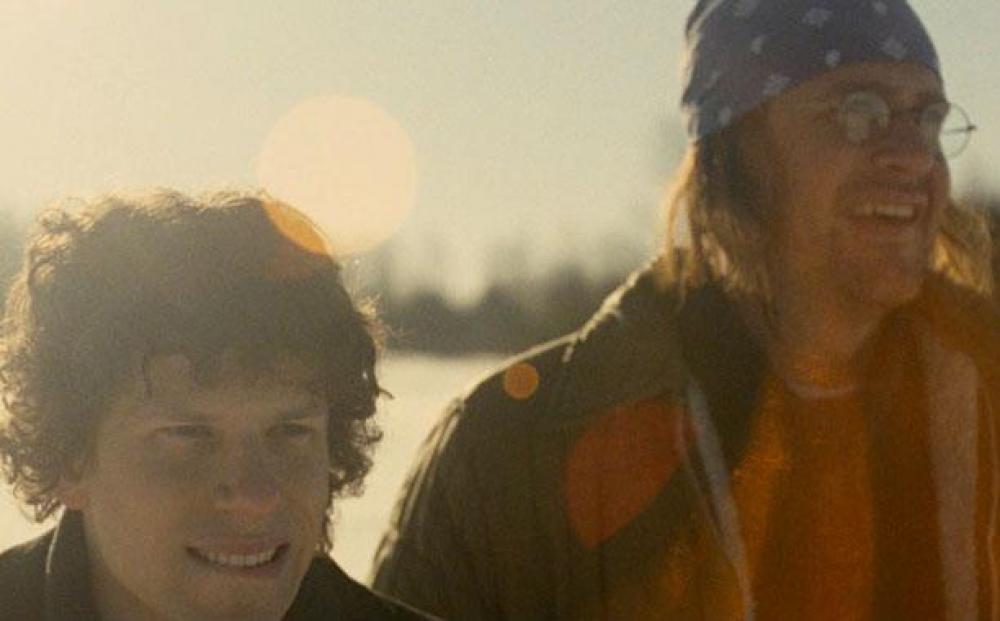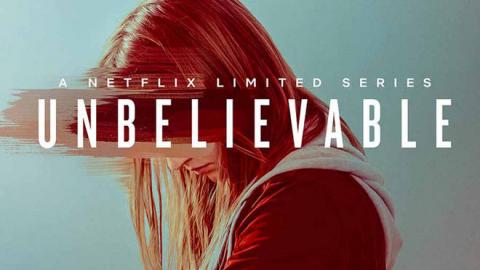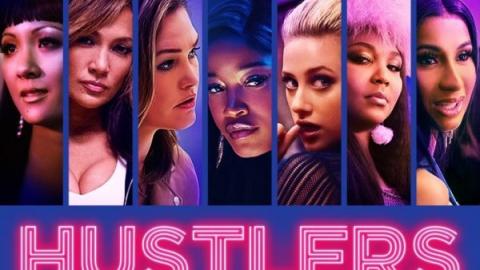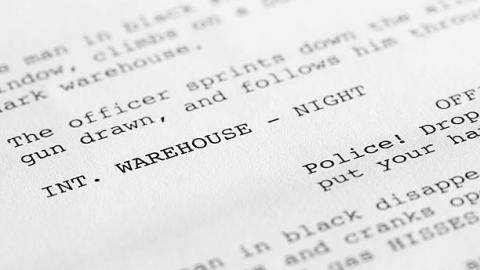Movie Review: The End of the Tour
Share with friends

Introspective and moving, The End of the Tour is a microscope on the mind of David Foster Wallace, one of the best American writers of all time.
The End of the Tour is the movie version of a five day conversation. There is almost zero action (lovers of comic book movies stay away). It is a story about the mind, and only through language does it move and shake into being. This is of course justified, but that does not prevent the audience from being so desperate for motion that watching the characters walk through the Mall of America is about as exciting as an explosion in a normal film.
David Lipsky (Jesse Eisenberg) is a crappy, over-educated New York writer who gets assigned by Rolling Stone to go on a book tour with David Foster Wallace (Jason Segel), one of the greatest living American authors. Everyone who goes to see this movie will already know that the "living" part of that distinction did not last long. Wallace committed suicide at age 46, about ten years after the events of The End of the Tour.
But Margulies and director James Ponsoldt (The Spectacular Now) are not interested in doing what a traditional biopic would do, telling whole story of Wallace from beginning to end, and decide instead to focus only on the five days he spends with Lipsky. The layers of conversation rattle, awkwardly at first then flowing then awkwardly again, through your typical thirty-something-male topics: music nostalgia, film nostalgia, sex, addiction and chronic dissatisfaction.
There are moments of introspection that mine deep and successfully for nuggets of truth. During one back-and-forth at a food court table at Mall of America, Wallace explains why it is so hard for him to enjoy his fame and fortune: when one is an unsuccessful novelist, one justifies one's lack of success by dismissing successful novels as insipid bits of pop-culture--"If it sells, it must be terrible." When one's work starts selling, that justification becomes poisonous.
Segel deserves credit for his performance. He disappears into Wallace and manages to portray the dichotomy of someone who is both eccentric and obsessed with other people's opinion of him. Eisenberg is also good, particularly when Lipsky and Wallace inevitably clash, yet I found his ticks and stutters to be rehashes of Eisenberg's other awkward nerds.
The coolest moment of the film happens on an airplane and it nearly breaks the fourth wall. The primary theme, and the primary subject of the conversation, is the aformentioned chronic dissatisfaction. Lipsky wants what Wallace has and Wallace wants something else. Wallace's stated purpose for writing is, more or less, to pry open the reasons behind the emptiness of American life. It is spent chasing a dream that, even when achieved, is often not a source of contentment. Greats like Wallace appear to have won, but that only works on paper. Furthermore, it is the precise function of people like Lipsky to paint geniuses as geniuses through interviews like the one he is conducting. Wallace realizes this, pauses, looks Lipsky directly in the eye and, as if talking to the audience, says, "This is nice, but you know it's not real."
Thus arises the issue with The End of the Tour as yet another biopic or bio-documentary that both worships a celebrity and simultaneously condemns the hollowness of celebrity culture. Unlike the recent documentaries Amy and Montage of Heck, which worshipped their subjects completely, The End of the Tour does not let Wallace off the hook. It portrays him both negatively and positively, delving deep into his insecurity and jealousness in ways that most biopics do not. Even so, it is impossible not to interpret it as hero worship to some degree. People will go see this movie because it's about a hero, not because it's a great conversation.
In real life, after the road trip with Wallace, Lipsky never published a piece about it in Rolling Stone (why is a mystery). It was only after Wallace's suicide that Lipsky wrote the book on which the film is based (called Although of Course You End Up Becoming Yourself: A Road Trip With David Foster Wallace). It was only after Wallace had been canonized as yet another tortured dead art saint that Lipsky decided to capitalize on his interview material. It is hard to blame Lipsky for that, but one can't help but wonder what Wallace himself would have thought of the book, or a hagiography like The End of the Tour.




